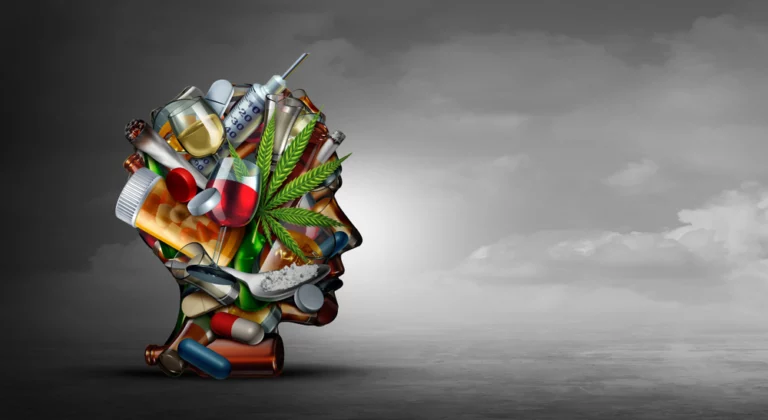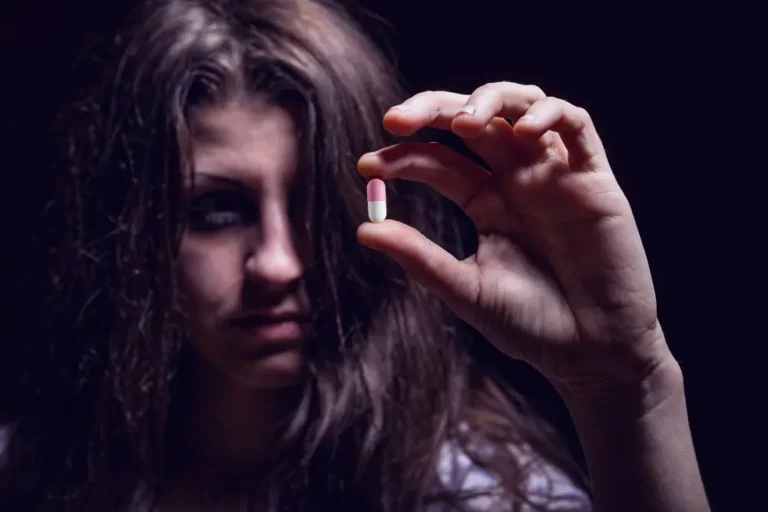Addiction and drug use is a tough subject, and people have different views on whether it’s more of a mental health issue or a social problem. Both sides have valid points, and understanding how they fit together is key to really addressing addiction.
Addiction as a Mental Health Issue
A lot of people believe addiction is closely tied to mental health. For example, research from the National Institute on Drug Abuse (NIDA) shows that over 60% of teens in substance use treatment also have another mental health disorder. So, it’s pretty clear that addiction often starts with mental health struggles like depression or anxiety.
Addiction changes how the brain works, especially when it comes to decision-making and self-control. When someone uses drugs, their brain releases dopamine, which gives them a strong sense of pleasure. Over time, the brain craves more of that dopamine, making it really hard to stop using, even when they know it’s hurting them.
That’s why many people see addiction as a disease that affects mental health. It’s not just about willpower—drug use literally rewires the brain, making recovery a serious challenge. Treatment often includes things like Cognitive Behavioral Therapy (CBT), which helps people change their thought patterns and behaviors. Medications can also be helpful, especially for things like managing withdrawal symptoms and reducing cravings, which is huge for people struggling with opioid addiction.

Addiction as a Social Problem
On the other hand, some argue that addiction is deeply rooted in social issues like poverty, unemployment, and a lack of support. These challenges create environments where drug use can easily thrive. For instance, in communities with high unemployment and limited access to education, drug use rates are often higher. The stress and hopelessness from these circumstances can lead people, especially young adults, to turn to substance use as a form of escape.
The opioid crisis in the U.S. is a good example of how social factors drive drug use. Aggressive marketing by drug companies and the over-prescription of painkillers led to widespread addiction, especially in economically struggling areas. This shows how social issues like poverty and lack of healthcare play a big role in increasing drug use.
Stigma around drug use also makes things worse. People who are struggling with addiction are often judged and labeled as weak, which can make them less likely to seek help. This stigma keeps people trapped in addiction because they’re afraid of being judged if they reach out for addiction treatment.
The War on Drugs is another example of how social policies can impact drug use. This approach focused on punishing drug use rather than addressing the root causes, leading to mass incarceration, particularly in marginalized communities. The War on Drugs has been criticized for worsening social inequalities and failing to reduce drug use rates. Instead of helping, hese policies have made it harder for people to get the addiction treatment they need.

Weighing Both Sides
So, where do we stand? Is addiction mainly a mental health issue, or is it more of a social problem? I believe, it’s probably a bit of both. Treating addiction effectively means looking at both the internal factors, like mental disorders, and the external factors, like social conditions. Addressing mental illness is crucial, but we can’t ignore the social environments that lead to drug use.
A balanced approach is what’s needed to tackle addiction. Whether you see it more as a mental health issue or a social problem, both perspectives are important. By considering both, we can develop better strategies to help young adults and others recover from drug use and stay on track.
Reach Out Today
Taking the first step to get help is a huge decision, and Knoxville Recovery Center is a great resource for help. The team is ready to support you with personalized addiction treatment that fits your needs. At Knoxville Recovery Center, you’ll find a safe and caring place to start your recovery. Reach out today and start moving towards a healthier, better life.
Connect With Us Now
Reach out to us now for immediate support, or let us know the best time to contact you through our confidential callback service. Your journey to healing is just a conversation away.








